For Authors
In a world consumed by TikTok scrolling and YouTube binging, it is a wonder that anyone still chooses to spend hours reading a book. Yet despite how instant gratification has chipped away at our attention spans, book sales are thriving. In fact, this resurgence in reading seems to be fueled, at least in part, by a hunger for stories that go deeper than short-form social content ever could.
Still, content creators have endless ways to reach audiences instantly with content that takes a fraction of the time and effort to produce than writing a single book. This seems to beg the question: why write a book at all? That’s exactly what Ginger explores in today’s blog as he considers why books still matter, why readers continue to embrace them, and how understanding your personal motivation as a writer can help you find both an audience and lasting fulfillment in your career.
With social media, there are so many different ways of reaching an audience. Why do you still want them to read your books?
One of the reasons the big five publishers used to have such a stranglehold on the publishing industry is because, until recently, they were the only companies big enough to be able to upfront the cost of printing and distributing tens of thousands of physical books to bookstores without any guarantee that any of them would sell, let alone enough of them to make the venture profitable!
These days, however, self-publishing has made seeing your book in print an achievable goal for anybody, and created full time careers for hundreds of self-published writers.
But reading isn’t the only game in town any longer. Just as self-published authors and Amazon’s print-on-demand service have lured millions of dollars of book sales away from the Big Five, reading itself as a pastime now has to compete with dozens of other ways to get distracted.
And it’s not just reading! Sitting down and watching television is something millions of Americans now only do when a new episode of their favorite show comes onto streaming. These days it’s YouTube videos and TikToks and Instagram Reels that occupy the time we used to spend mindlessly sitting in front of sitcom reruns and gameshows.
And while network executives might be tearing their hair out, this has actually opened up a whole plethora of opportunities for creators of all kinds. Whether you’re making videos about World War II history on YouTube, or comedy skits on Facebook, absolutely anybody can now get access to a worldwide audience in so many new and innovative ways.
Which ultimately leads to a very important question for us writers:
With all these different ways of reaching an audience available, why do we still specifically want to write a book?
Printed words on a screen or page. Thousands of words that it will take hours to read. Why is this the chosen vessel for whatever it is we have a burning need to say?
It’s a question I’ve begun asking all the self-published authors I coach and consult with, because it’s a lot deeper than I initially thought. I even asked myself that question, and here’s what I came up with:
I’ve wanted to be a writer since I was 9-years-old because of how much books inspired me.
Writers changed my life with their books, and I wanted to do the same. It became a life-long project. A huge amount of my personal identity ended up centered around the idea of being a “writer”—and if you’re a self-published author, I imagine the same might be true for you.
When I was growing up, books were one of my primary sources of entertainment. My parents used to take me to second-hand bookstores and charity shops and I used to rummage around the bins for a Saint book or James Bond novel I hadn’t read before.
On special occasions, my parents used to take me to the WH Smiths bookstore in Winchester and it was like a religious experience. Rows upon rows of books, all waiting for me to discover them! There, my parents would bribe me to read more sophisticated books by different authors in return for buying me paperbacks of Dr. Who.
(Ironically, I became a fan of that show only because I’d read the episodes in paperback format before ever seeing them on a television screen, and the special effects were much better in my imagination!)
Books were an escape for me—a chance to travel the world even when I was stuck inside on a rainy Saturday afternoon. The Dr. Who paperbacks took me to distant planets. The Louis L’Amour westerns had me riding with gunslingers across the American frontier. I traveled to Istanbul and Tokyo with James Bond, and Rome and Paris with Simon Templar.
But more than that, they shaped me. Westerns taught me to stand up to bullies. Dr. Who taught me to value life and have empathy. The Saint taught me that doing what’s right doesn’t always mean doing what’s legal. And these lessons have guided me my entire life.
Soon, I wanted to start telling stories of my own and writing them as books seemed like the best (perhaps only) way to do it. I took to my mother’s IBM Electric Typewriter and started hammering away each and every day.
I was blessed to have incredibly encouraging teachers and very supportive parents, giving me every advantage most aspiring authors don’t have, but it still wasn’t enough to stop me getting rejection letters from any publishers I sent a synopsis to.
For years I did other things to pay the bills—a bartender in the UK, a tour guide in Paris, working for radio companies on both sides of the Atlantic, and even a bartender again—but that personal identity of being a writer never shifted.
Even after two decades of never having a book published, I still never lost sight of my dream of being an author. I wrote a whole litany of stories about my original characters and the only people who ever read them were my parents, but I could no more stop pouring words out onto the keyboard than a rat could stop gnawing its incisors.
(Both authors and rodents need to keeping grinding their tools down lest they grow to the point that we impale ourselves upon them.)
People would always introduce me as “the writer” even back when I had nothing to show for it except ratty manuscripts, and now I realize my obsession with writing books was as much about finding a sense of identity as it was about my burning desire to tell stories.
Being a writer means something, doesn’t it? Society’s image of a full-time writer is that of somebody romantic, sensitive, and empathic—so to adopt the identity of a writer was to choose those values as the ones that best represented you.
And writers are teachers. Their books teach us about distant places we’ve never traveled to, cultures that are totally different to our own, and important lessons about what’s right and wrong. To write books was to immortalize your personal values in the cultural lexicon.
I could just as easily express myself by writing articles (like this one), or making YouTube videos (although I do make some of those, actually) or having a podcast (oh, Craig and I have one of those, as well.) However, at the core of it, I always wanted to write books because books are what made the most meaningful impact on my life, and I wanted people to experience what it was I had to say the same way.
And eventually, I got that chance. In 2013, I started publishing some short stories using Kindle Direct Publishing and to my amazement, they sold. Within weeks of publishing my first story, I was making hundreds of dollars every month, and it made me realize that all the publishers who’d rejected me were wrong. I did have what it took to be a successful author, and I went on to prove it by selling over 71,000 copies of my books.
But that made me realize there’s another aspect to being a writer that is (almost) as important as actually writing books.
A couple of weeks ago I quoted Oscar Wilde as he argued that “we are verbs, not nouns.” We can’t be a writer unless we’re actually writing, and we can’t claim to be an author until we get a copy of our work bound and printed in our hands.
But perhaps Oscar Wilde was wrong. Perhaps we’re not writers because we write. Perhaps we only become writers when other people actually read what we’ve written.
Because to me, that was when I first felt like a “real” writer. When complete strangers on the Internet trusted me with their hard-earned money when they bought my books, and then trusted me with their fought-for attention when they sat down and actually read them.
Reviews appeared on the product pages of my books. People started signing up to my newsletter. I got emails and comments on social media and even fan art about my fictional motorcycle gang. It was only then that I really started to feel like a writer, and it was only then that I realized I’d actually achieved my dream of sharing my stories, thoughts, values, and feelings in the format of a book.
This is why I find it so rewarding to help other self-published authors find an audience for their books, and actually start to make sales. Not all of us writers are destined to be best-selling authors, but to reach even a modest number of readers is to achieve something most people never will, and if your book has an impact on just one of them, you will have made a real and meaningful difference to the world.
And even though social media offers limitless alternatives to reading books, you should still be of good cheer. Despite a generation of boomers warning that the growth of social media would make reading books a dying habit, in reality, nothing could be further from the truth.
Print book sales actually increased by 18% in 2024—largely driven by communities like #BookTok and #Bookstagram driving a huge number of readers to new and previously undiscovered books on Amazon.
(Many of them self-published, too!)
Which means there’s no greater time than now to actually be a writer. Write and publish your book and then continue to write and publish more books after you’ve done that, because that’s what differentiates us between writers and somebody who has merely written a book.
(I know, I know, I just told you that Oscar Wilde was wrong about “we are verbs, not nouns” but let’s just pretend he’s right again now.)
The very things that people warned us would destroy reading are actually making it more accessible than ever. Instead of stealing attention away from reading, TikTok and Instagram are actually driving thousands of new readers to hundreds of new books.
Despite there being so many other distractions available, millions of people still choose to read books each and every day, so if you’ve ever identified as a writer, now is the time to ask yourself why you want to write a book—and then fulfill your destiny and make sure it finds an audience.
Share this blog
About the Author

Ginger is also known as Roland Hulme - a digital Don Draper with a Hemingway complex. Under a penname, he's sold 65,000+ copies of his romance novels, and reached more than 320,000 readers through Kindle Unlimited - using his background in marketing, advertising, and social media to reach an ever-expanding audience.


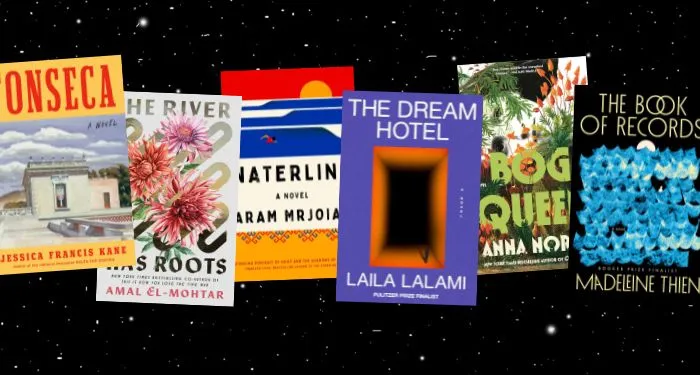
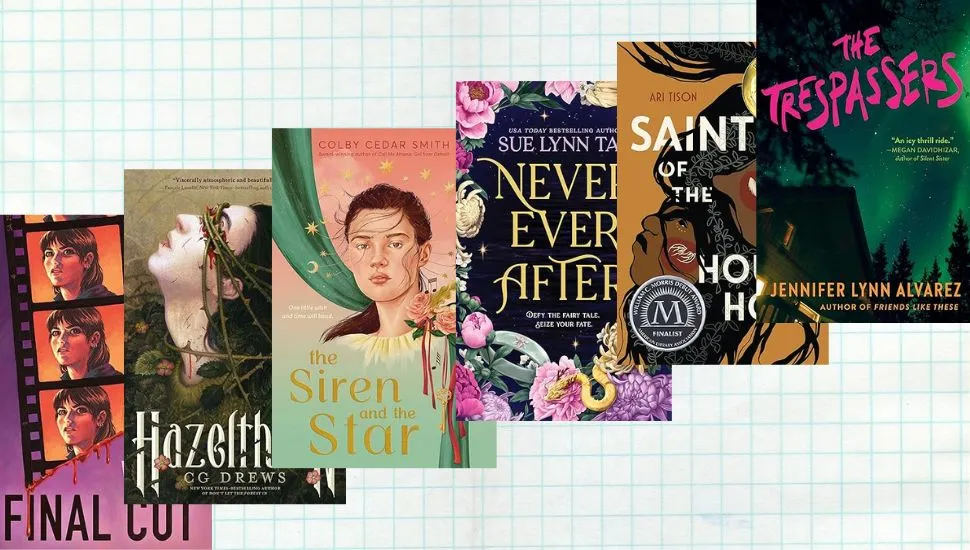
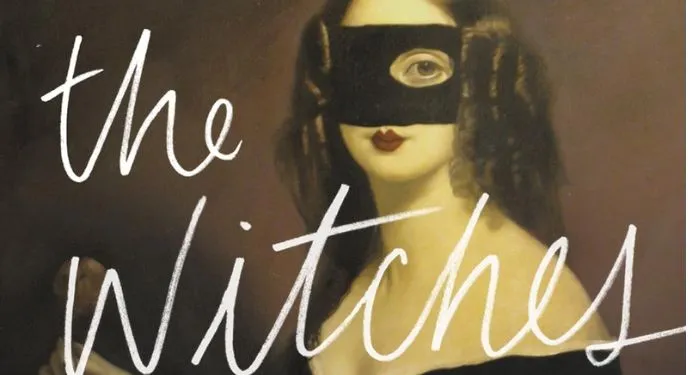
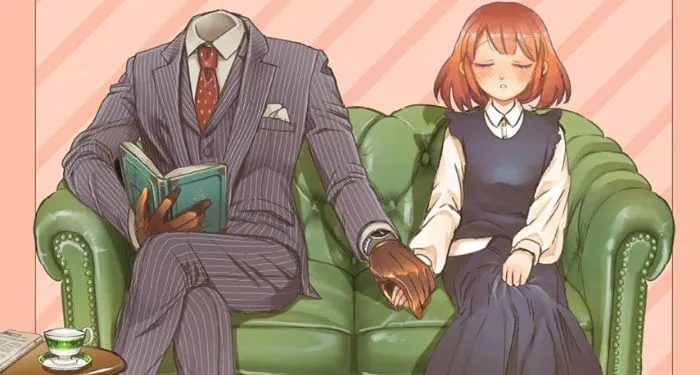


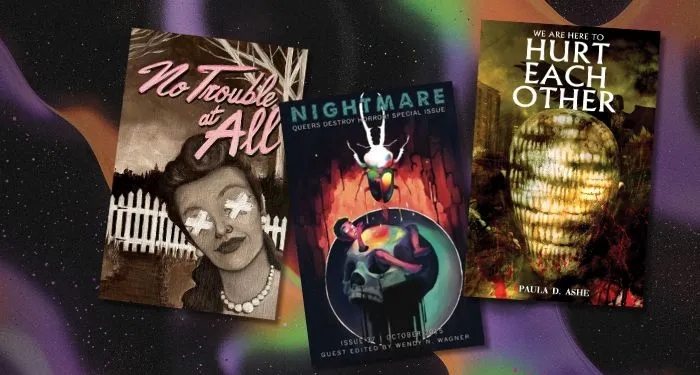



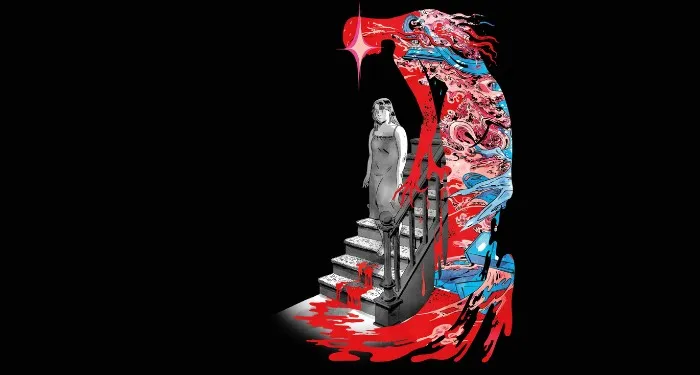


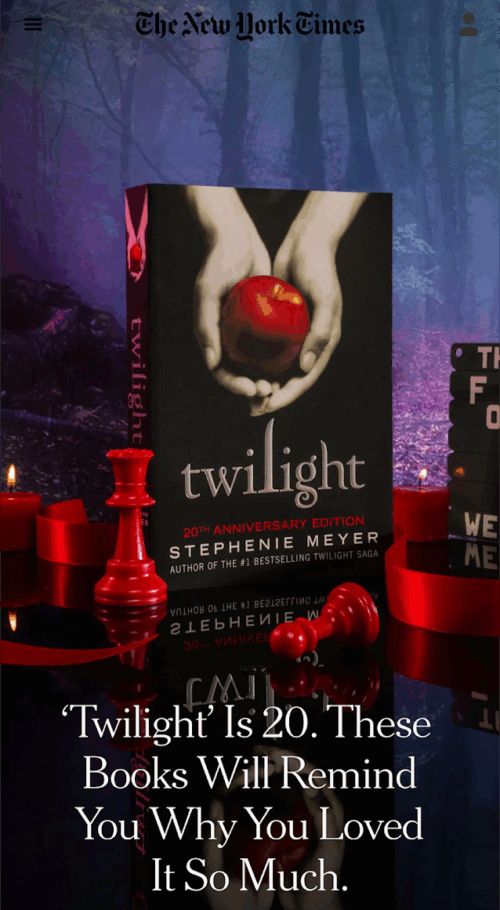
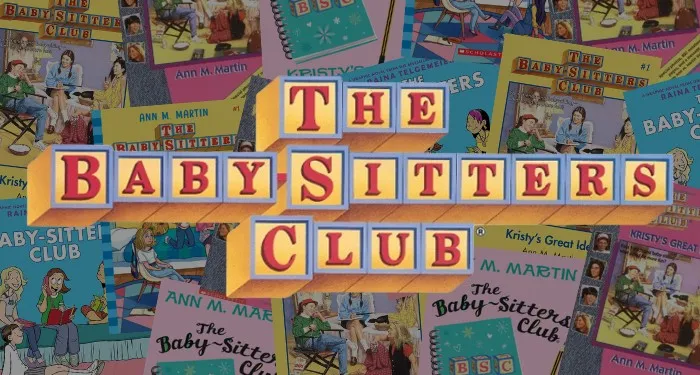


 English (US) ·
English (US) ·